Description
256Hz Weighted Medical Tuning Fork – For Rinne & Weber Hearing Tests
The 256Hz Weighted Tuning Fork is an essential diagnostic tool in audiology and ENT practice, specifically designed for use in the Rinne and Weber hearing tests. With its precise calibration and weighted design, this tuning fork ensures consistent vibration characteristics, making it indispensable for accurate evaluation of auditory function.
Designed for Clinical Accuracy
The 256Hz frequency is carefully selected for hearing assessments, as it provides optimal resonance for detecting different types of hearing loss. Its weighted construction ensures stable vibrations and precise frequency emission, allowing clinicians to conduct tests with confidence and reliability.
Applications in Rinne & Weber Tests
-
Rinne Test: The tuning fork is first placed on the mastoid bone, then held near the ear canal. By comparing bone conduction vs. air conduction, clinicians can differentiate between conductive and sensorineural hearing loss.
-
Weber Test: The vibrating fork is placed at the midline of the head or forehead. The patient reports whether the sound is louder in one ear, both ears, or equal, helping identify unilateral or asymmetrical hearing impairments.
Weighted Design for Precision
The addition of weights extends the vibration duration and ensures accuracy with every use. This feature guarantees consistent results, which is critical in clinical environments where even minor frequency deviations can impact diagnosis.
Durable & Reliable Construction
Made from high-quality aluminum alloy, the tuning fork is lightweight, durable, and resistant to wear or frequency drift. Its medical-grade build ensures long-term reliability, making it suitable for repeated use in audiology clinics, ENT departments, and teaching environments.
Key Features of the 256Hz Weighted Tuning Fork:
-
Standard 256Hz frequency for hearing assessments
-
Essential for Rinne and Weber tests
-
Weighted design for stable and consistent resonance
-
Aluminum alloy construction for durability and precision
-
Meets medical diagnostic standards for clinical use
Essential Audiology Instrument
The 256Hz Weighted Tuning Fork combines precision engineering, durable materials, and medical accuracy, making it a cornerstone tool in hearing diagnostics. Trusted by audiologists and ENT specialists, it ensures reliable results in the assessment of auditory health.


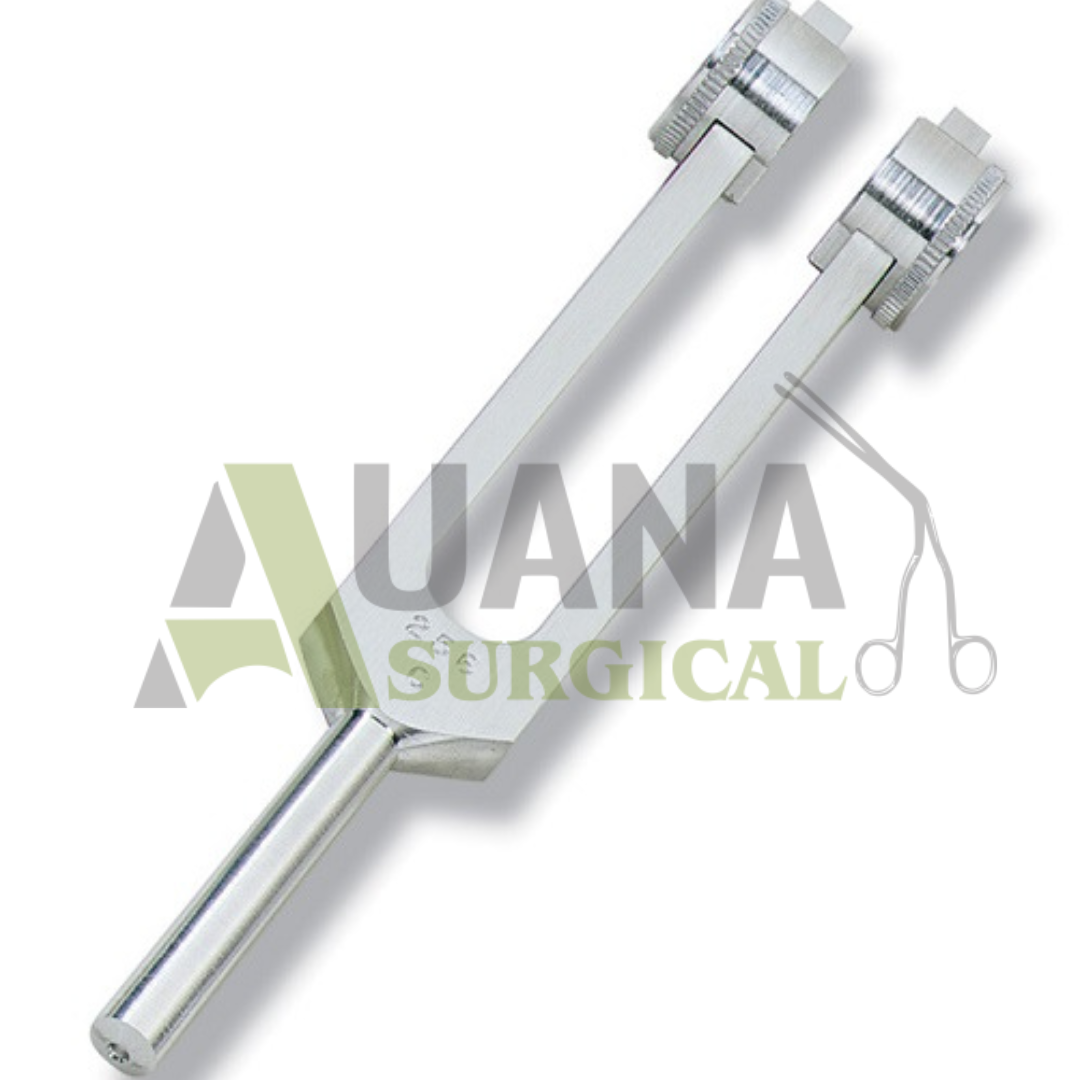
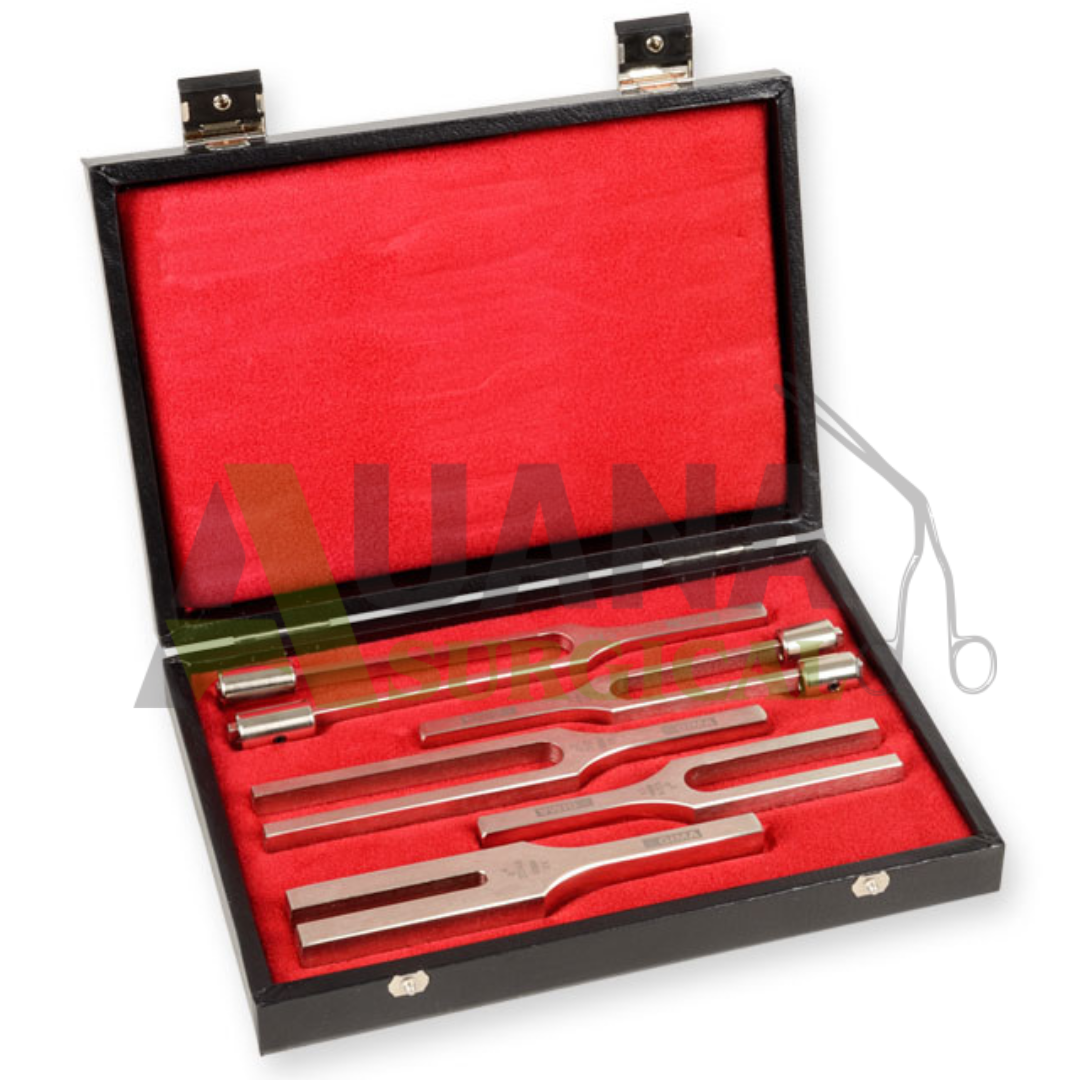
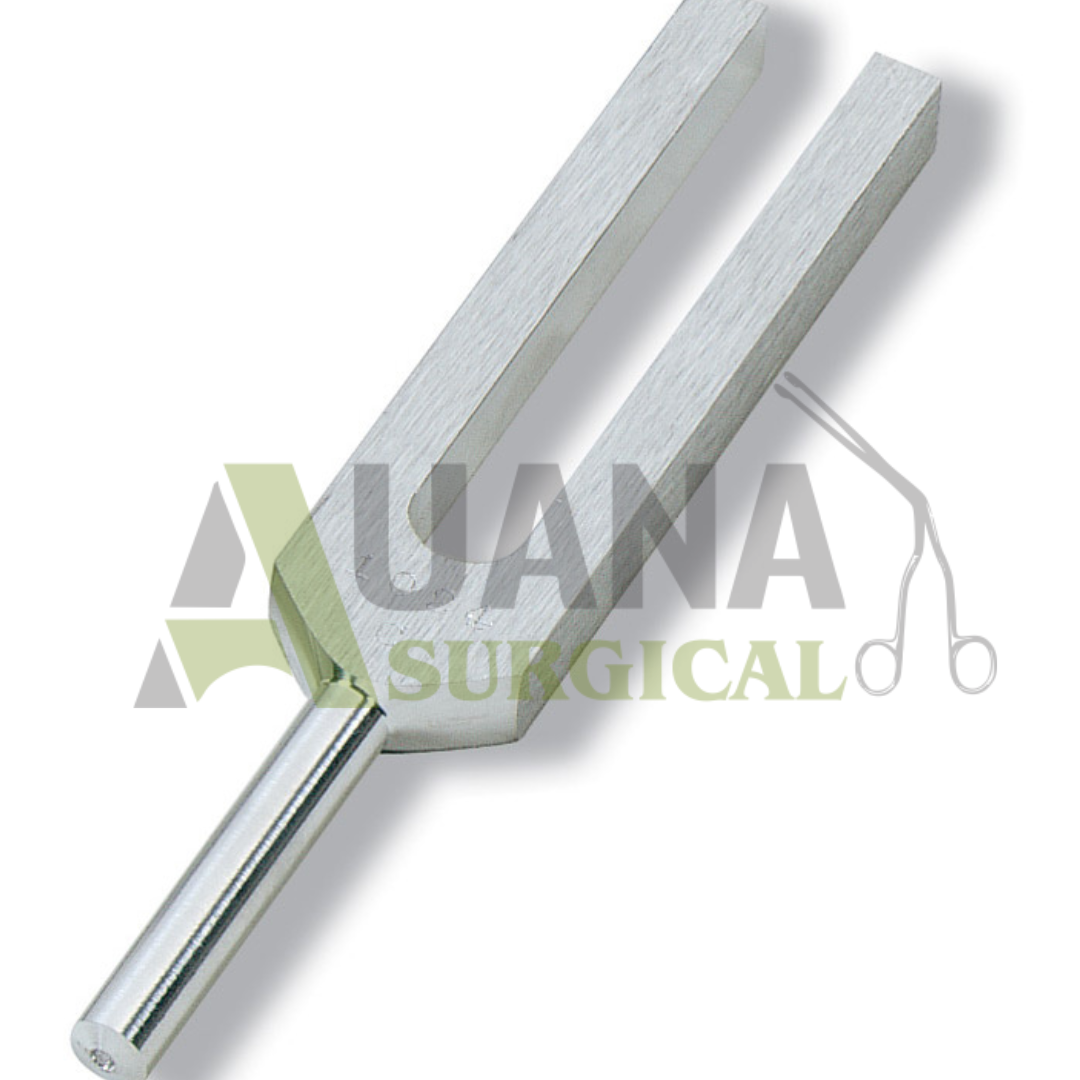
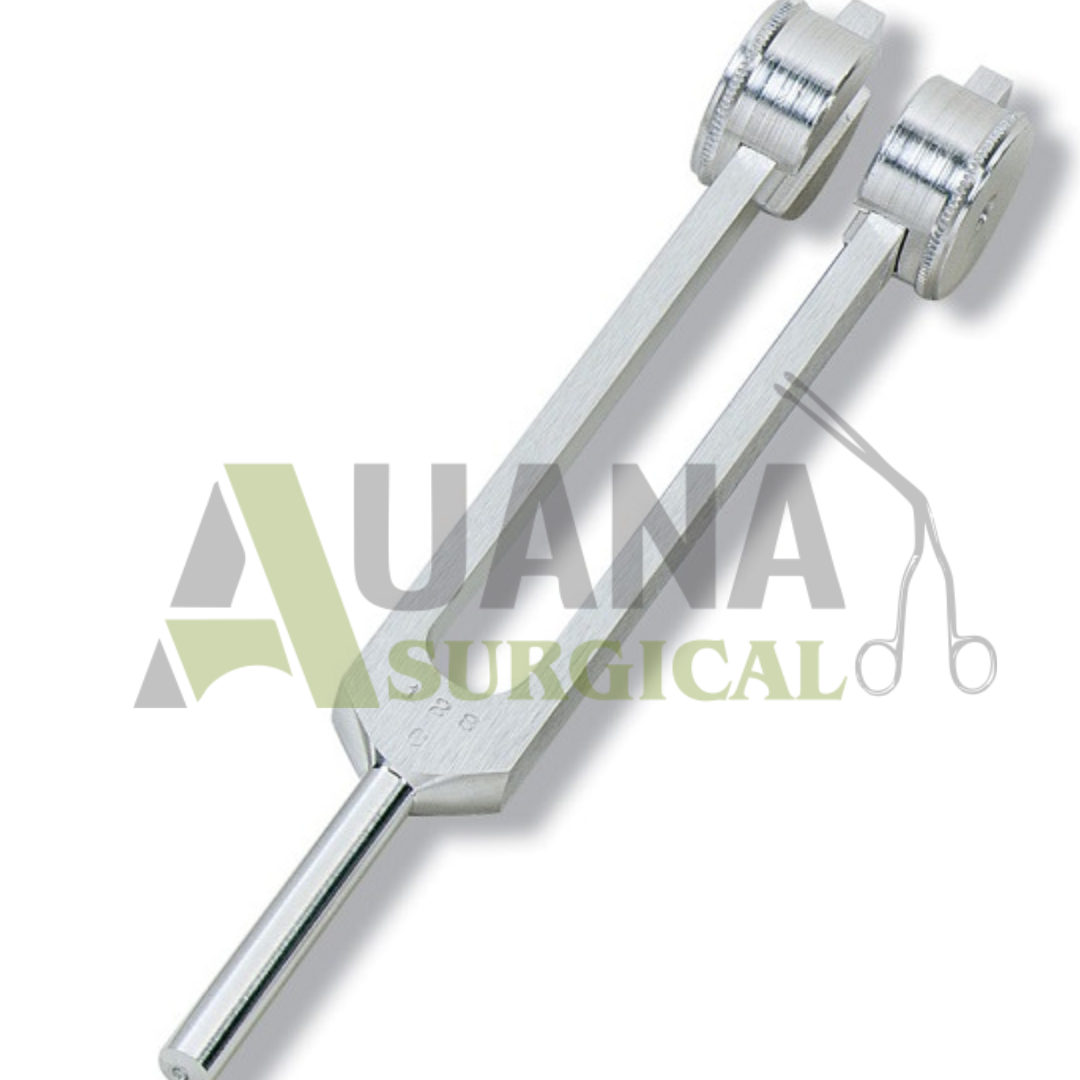
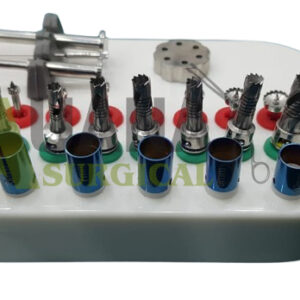
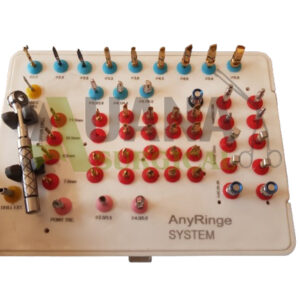

Reviews
There are no reviews yet.